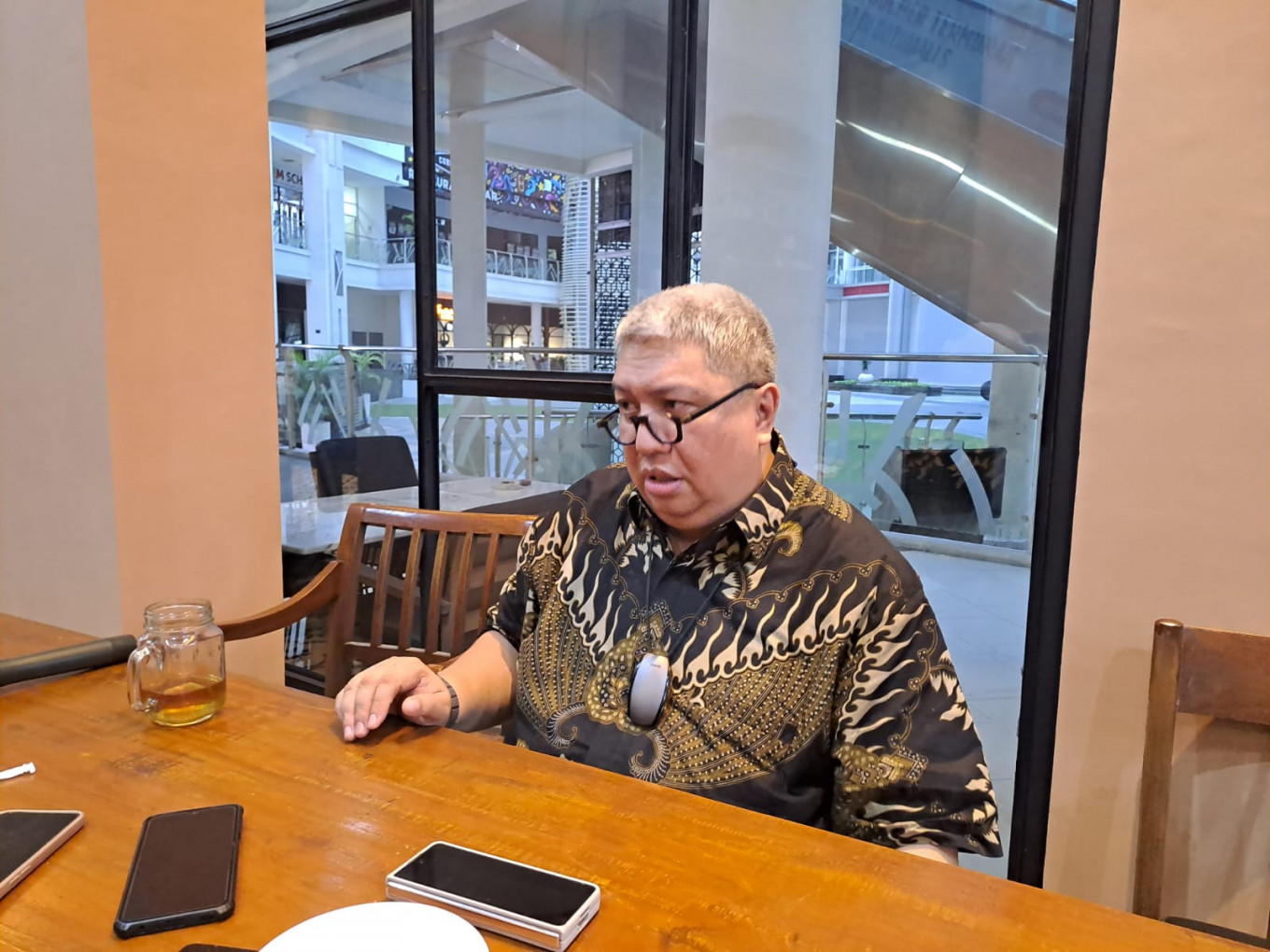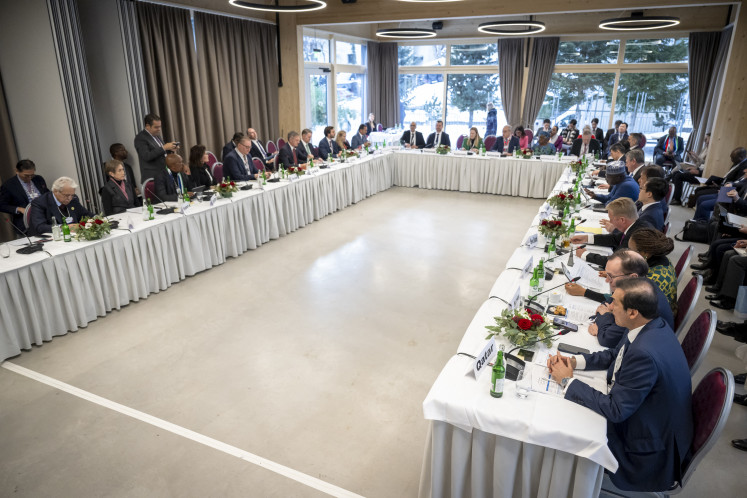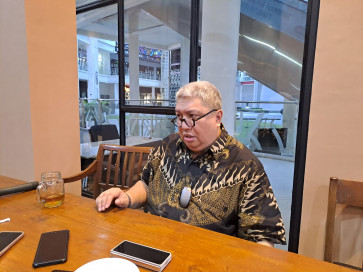Popular Reads
Top Results
Can't find what you're looking for?
View all search resultsPopular Reads
Top Results
Can't find what you're looking for?
View all search resultsRetailers wary about government's cheap food program
Retailers will not comply with future government-led cheap food programs until the government pays up for a previous program.
Change text size
Gift Premium Articles
to Anyone
R
etailers have expressed their unwillingness to comply with future government-led cheap food programs, citing unfinished business from a previous, similar program for cooking oil.
The programs work by requiring retailers to sell a particular much in-demand staple food commodity at a price determined by the government that is far lower than the market price.
“Sorry to say, but if the government requests us to implement a cheap food policy for other commodities, such as rice, we will not adhere to that until they pay us [compensation],” said Roy Mandey, chairman of the Association of Indonesian Retailers (Aprindo), on Monday.
In January 2022, the government issued a regulation requiring firms to sell cooking oil at a ceiling price of Rp 14,000 (90 US cents) per liter, despite the market price hovering between Rp 17,000 and Rp 24,000, as a result of the soaring international palm oil price.
Read also: Firms turn to courts to recover losses from govt cooking oil flip-flop
To cover the price gap, the government promised to compensate businesses using funds from the Palm Oil Support Fund Agency (BPDPKS), which collected the money from palm oil exporters.
However, more than two years later, amid a change in Trade Ministry leadership and a graft case, none of the businesses have received the promised payments to cover their shortfall.



















